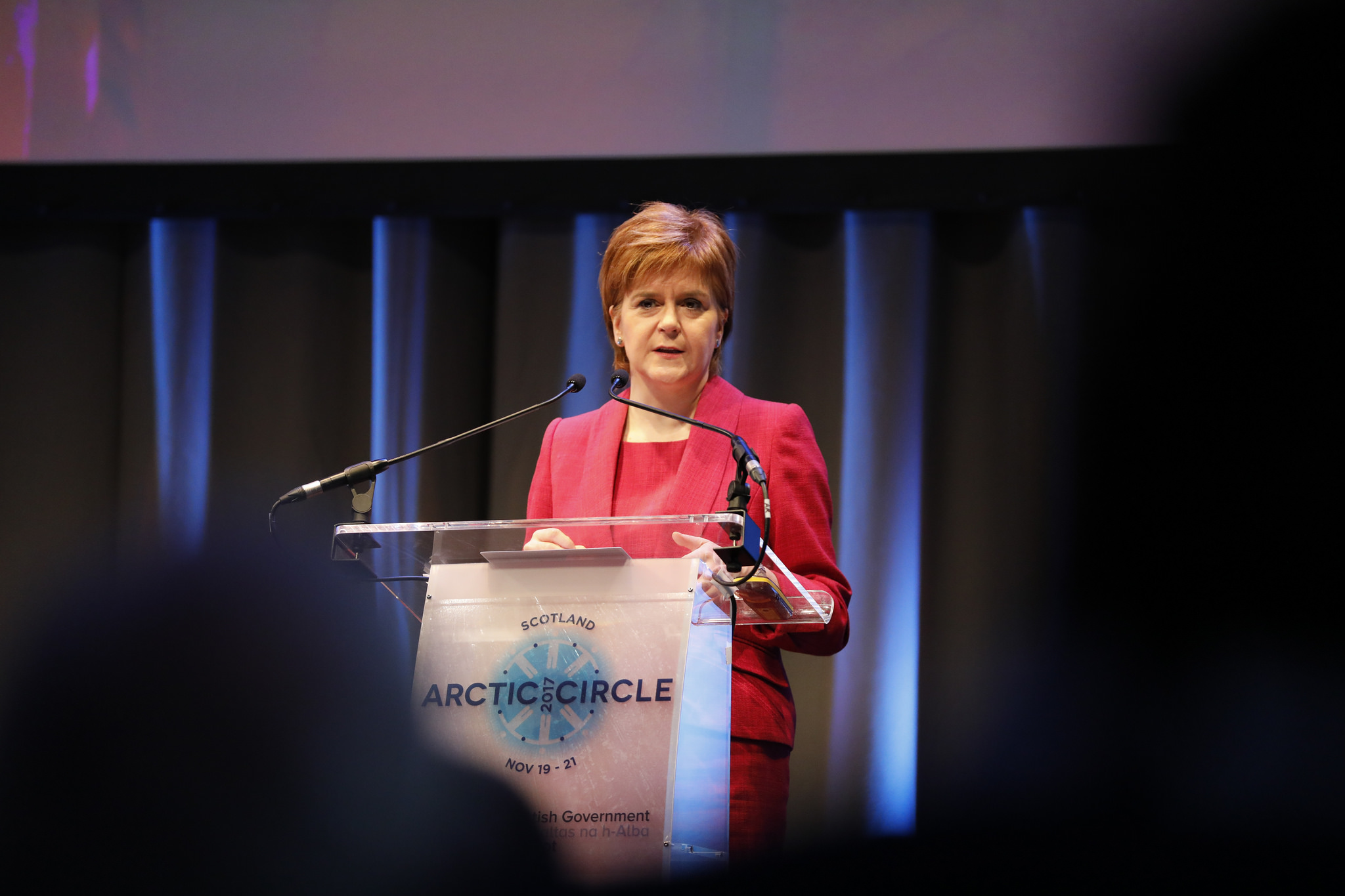Despite Brexit, Scotland says it will seek to keep working with EU on Arctic
Scotland's interest in the Arctic has grown in recent years, including the adoption of its own Arctic policy in 2019.

A post-Brexit Scotland will remain committed to working with Brussels to address issues in the Arctic, that country has told representatives from the European Union in connection with the bloc’s preparations to revise its policy towards the region.
“By working together and exchanging expertise, including at EU-level, we can develop joint solutions that strengthen the resilience and wellbeing of our communities,” Jenny Gilruth, the Scottish minister for Europe and international development, wrote in a letter to Michael Mann, the EU’s envoy for the region.
The letter was submitted with Scotland’s contribution to the EU’s call for public comments about its Arctic policy and how it should be revised.
[Solidly southern Scotland seeks northern prosperity]
Scotland is one of four countries that make up the United Kingdom. In contrast to the rest of the U.K., Scots voted overwhelmingly against leaving the EU in the 2016 Brexit referendum.
While Scotland has had some powers of governance devolved to its national assembly in Edinburgh, foreign policy remains in the hands of decision-makers in London. Nevertheless, in the wake of Brexit, the government of Nicola Sturgeon, Scotland’s premier, has made it clear she will seek to maintain close ties to Brussels, and Edinburgh’s official position is that it will remain an “an active, competent and constructive participant on EU matters.”
Scotland’s interest in the Arctic emerged in 2016, and it often cites its geographic proximity to the region, as well as its cultural and trade ties as reasons. It has since organized a number of Arctic-related events as part of its efforts to make its case for closer ties.
“Against the challenging backdrop of Brexit, we will continue to promote Scotland as the international partner of choice for our Arctic neighbours, opening new opportunities for bilateral and multilateral collaboration,” the Scottish government said, citing the UK-EU split as the motivation for drawing up its own policy towards the region in 2019.
[With its first Arctic policy, Scotland seeks to deepen northern ties]
Michael Russell, a member of the Scottish government responsible for the country’s external affairs, said that a relationship with Arctic countries “makes sense” given that they must all address many of the same issues, including population decline and connectivity in remote areas.
“Scotland has a wealth of relevant expertise but there also remains a lot that we can learn from others — and we are eager to learn,” Russel wrote in an a commentary published on Tuesday by The Scotsman, a major national news outlet.
The op-ed was published ahead of Russel’s appearance in the most recent installment of a series of online meetings organized by the Scottish government.
“As we work towards the full realisation of Scotland’s place in the world as an independent country, it is ever more important that we talk to, work with and learn from other countries in the Arctic region, in Europe, and beyond, in the spirit of co-operation, engagement and lasting friendship,” Russel wrote.
The Scottish submission to the EU’s call for comments said that Edinburgh favored a continuation of the current policy’s focus on environmental issues, sustainable development and international cooperation, but added that they should be supplemented by initiatives to promote the health and well-being of the people of the region and their communities.